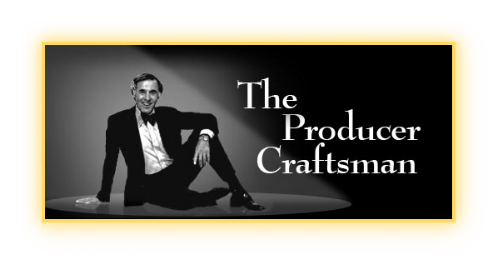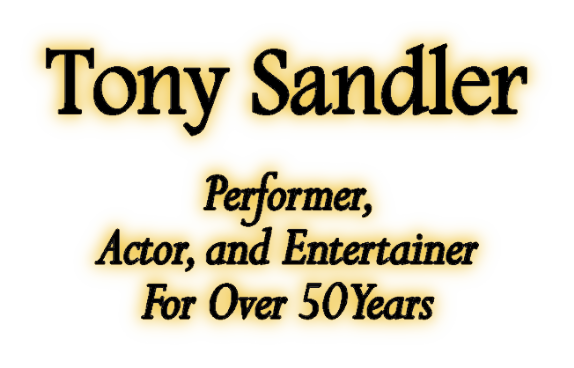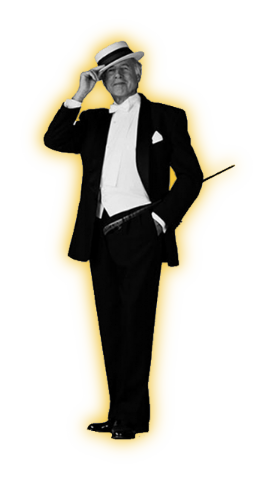
Sandler & Young had split up at the peak of their popularity. When any famous act breaks up, the adjustment is not entirely e asy for the public, the performers, or the artists’ entourage of management and associates. Word on the streets began to circulate that Tony couldn’t make it on his own – it was Sandler & Young, or nothing. Americans were unaware of Tony’s fame as a solo performer in Europe and could not imagine Tony performing without an alter ego – someone to play off of or harmonize with.
Meanwhile Tony had always been accustomed to a demanding schedule and could not tolerate inactivity. He had empathy for the Sandler & Young fans that wanted more, and thought this might be a good opportunity to please them and at the same time give new talent a chance for quality experience and exposure in the business.
Over the years in both Europe and in the United States, Tony had gleaned an astonishing degree of stage and production savvy and was never at a loss for new material. He produced a series of successful touring musical variety shows as well as television broadcasts in the United States and abroad, hosting new talent and popular guest stars. Though huge rock concerts were now dominating the American entertainment scene, most venues were starving for quality stage performances. Herb Fox, who founded CAMI, liked Tony from his Sandler & Young years and hired Tony for extensive CAMI tours. Herb had the terrific idea of bringing quality live shows to areas that otherwise had no access to top live talent. Herb welcomed Tony, and the success of these large beautiful productions virtually rescued the CAMI organization at the same time. (CAMI was at the time a major booking company for theatres across the country, and they relied on the popularity of Tony’s shows to survive.) Tony also co-produced and hosted PBS television specials, including two shows filmed in his native country, Belgium: For the Night of Christmas, and Flanders, Portrait of Europe. And he continued to produce fabulous big band variety shows with his collection of original scores from renowned big band masters. Though Ralph Young would join Tony on stage for a rare performance or two for old time’s sake, Tony focused on using his own name to draw attention to young talent.
But after a few years of production work Tony knew that something was still missing. Out of sincere generosity he had programmed material that allowed the younger performers to shine, had shifted keys and styles to their voices at his own expense. His interest in the touring shows was waning and he felt disenchanted. Tony toyed with the idea of retiring, but with his deep and undying love for the business and a voice still strong, he knew he had more to give back and that he had what it took to give audiences the quality performances they deserved. What was missing was the musical freedom he had in Europe, to be on stage solo, to stretch his own talent, to feel again that special one-on-one connection with his audience. It was time to move on.








